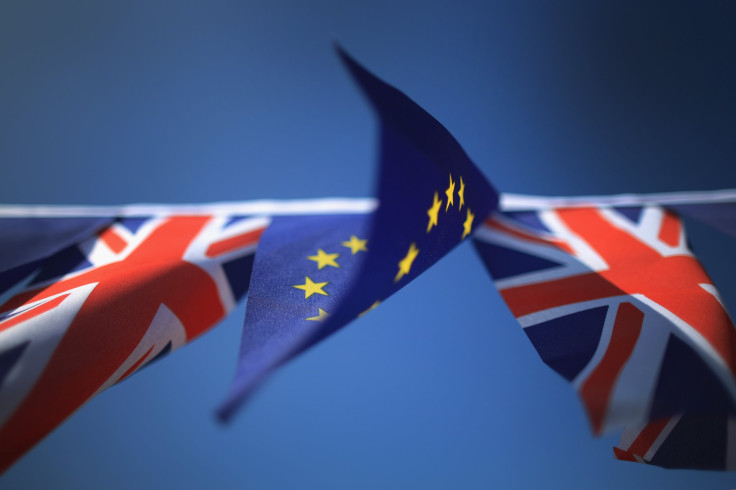UK Science And Research Will Survive Brexit, Royal Society President Says

Venki Ramakrishnan — a Nobel Prize-winning biologist and the current president of the U.K.’s Royal Society — said Monday that there is no evidence yet that the June 23 referendum to leave the European Union has hurt British science and research projects. The comments, made during a biennial pan-European science summit in Manchester, contradict earlier reports that suggested Brexit had triggered a backlash against British scientists in the 28-nation EU.
“The reality is the U.K. is an incredibly strong science country, and its membership in the EU is only one of many considerations that people take into account when they come here,” the Telegraph quoted Ramakrishnan as saying. “If you look at my lab, there are people from all over the world, and that’s not going to change as a result of the referendum.”
According to a recent report by the Guardian, however, the referendum is already starting to impact EU research projects that involve British researchers. The Guardian — citing a confidential survey of the U.K.’s Russell Group universities, a group of 24 British universities that includes Oxford and Cambridge, reported that several U.K. academics are now being asked to leave EU-funded projects over fears that they may become a financial liability.
In one case, an EU project officer — whose name was not revealed — recommended that a lead investigator drop all British members from a consortium, citing lack of guarantees of funds from the U.K. as the reason. A university involved in the survey reported that at least two social science collaborations with Dutch universities have now been told partners from the U.K. were not welcome.
“Institutions from across Europe need to be free to recruit excellent researchers. Our researchers must be able to work, cooperate across borders and travel flexibly as part of multinational activities. ... Unnecessary barriers to this mobility will weaken science and be to the cost of all nations,” a group of European academies said in a statement released Monday, warning against curbing research cooperation and collaboration.
In addition to fears that Brexit may lead to British academics being ostracized from European scientific and research circles, many have expressed fears that such a move, once put in motion, may jeopardize the funds the U.K. currently receives from the EU.
According to an estimate by the Economist, the U.K., which accounts for less than 1 percent of the world’s population, has 4 percent of its researchers, and produces 16 percent of the world’s most “highly cited” research papers. This is, in no small part, due to the cash flowing into the country from the EU — a flow that Brexit would choke.
Between 2007 and 2013, the U.K. contributed an estimated 5.4 billion euros to fund research and development in the EU. In return, the U.K. received 8.8 billion euros in direct EU funding for research, development and innovation activities.
Once the U.K. exits the EU, it may also lose access to science programs implemented under the bloc's Horizon 2020 framework, which facilitates collaboration between and fund disbursals for research teams in different countries.
“The message I’m hearing back is that the Government is very committed to making sure that the UK science spending is protected,” Ramakrishnan said Monday, addressing these concerns. “What I take that to mean is that if we were to lose EU funding they would eventually restore it.”
© Copyright IBTimes 2024. All rights reserved.






















